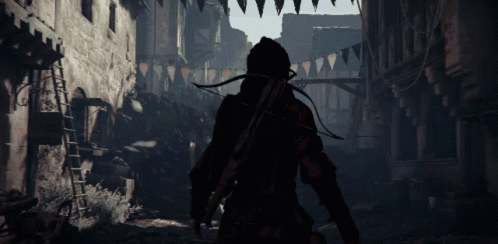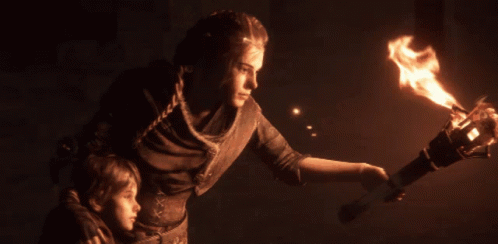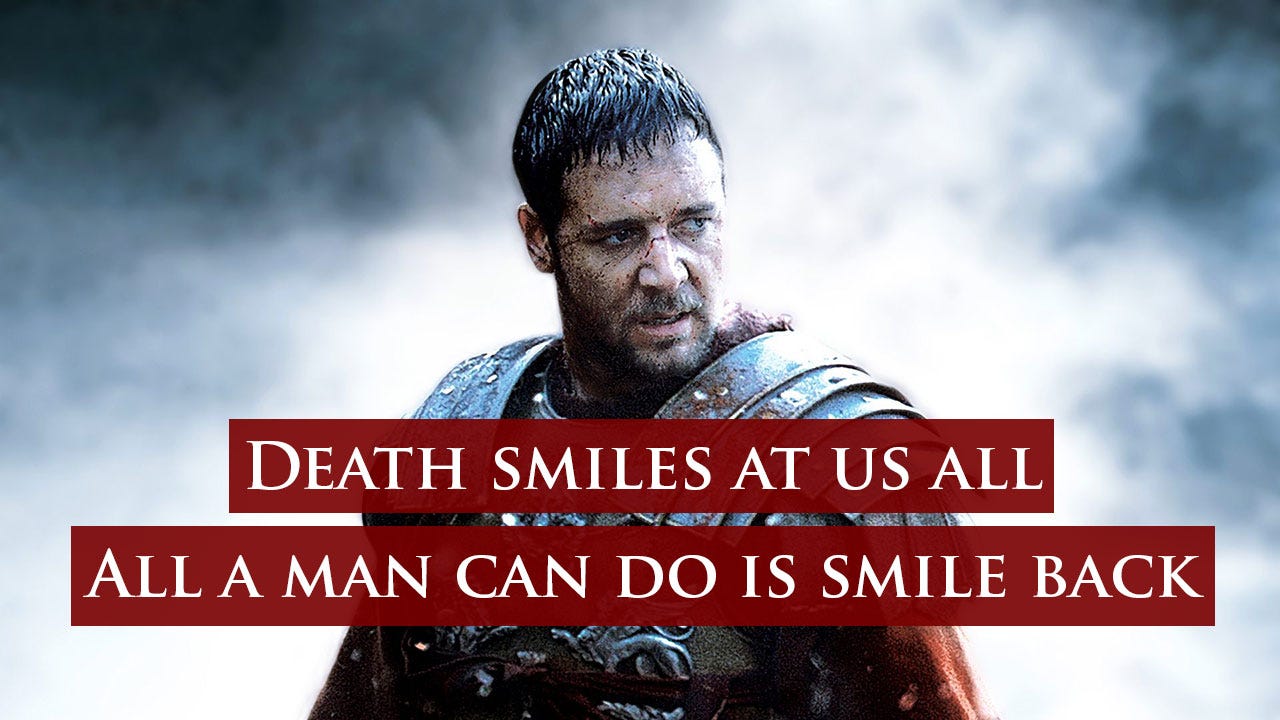Death Smiles At Us All
A Plague Tale & The Light Beyond Ourselves | A video game recommendation
We must be willing to sacrifice our own desires for something greater.
When would you be willing to face death?
Recently, I traveled to 14th-century France (as one does) via the video game, A Plague Tale: Requiem.
Throughout Requiem, the theme of death hangs heavy as the game’s lead characters (Amicia and her little brother Hugo) bear witness to countless tragedies. There’s a symbolic element of both horror and courage. These themes converge in a beautiful way.
Central to this story is the plague, "The Macula." This Plague manifests as a curse that emerges as an allegory for humanity's knack for evil. The rats in the game represent the transgressions of humankind since the Fall in Eden – our cruelty, our gluttony, and our lust for control.
Dark currents.
Amicia is obsessed with saving her brother from the curse of "the Macula”.
Spoiler Warning:
Her selflessness and courage know no bounds, but Amicia is forced to confront the fact that she alone can’t save Hugo. She must trust in others, and even depend on her found family.
But the courage to fight for those you love must not become an obsession to control fate itself. Amicia soon realizes that she cannot single-handedly save Hugo from the clutches of death. In the end, Hugo, the helpless child….the very embodiment of human innocence, holds the key to salvation for the world. To break the curse, to end the plague, Hugo must die. He knows this.
Amicia must let go of her role as protector and embrace Hugo’s fate - to break the curse and serve a greater purpose.
After all:
This is the keystone of the story. Amidst suffering and death, there exists a glimmer of hope. Even as mortality casts its long shadow via the curse of “The Macula,” the young Hugo holds onto a belief in sacrificing his own future in service of a higher purpose and emerges as the light within a terribly dark story.
What is your greater purpose? Is it time to look outside of yourself?
Choose this day who and what you will serve.
This is the way.





